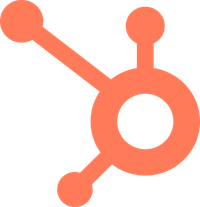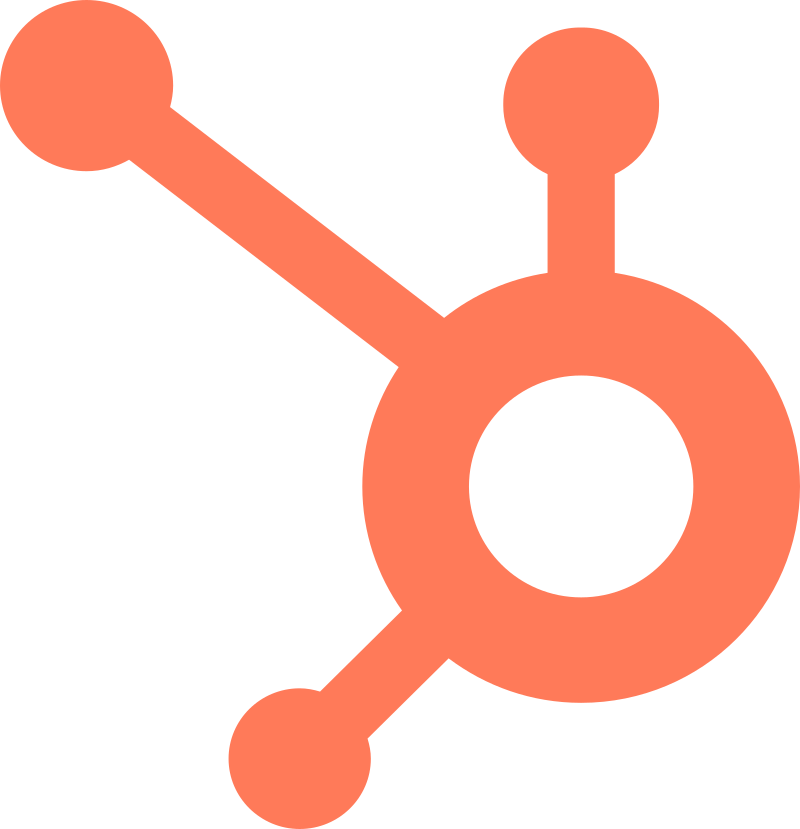
HubSpot Inc
NYSE:HUBS


| US |

|
Johnson & Johnson
NYSE:JNJ
|
Pharmaceuticals
|
| US |

|
Berkshire Hathaway Inc
NYSE:BRK.A
|
Financial Services
|
| US |

|
Bank of America Corp
NYSE:BAC
|
Banking
|
| US |

|
Mastercard Inc
NYSE:MA
|
Technology
|
| US |

|
UnitedHealth Group Inc
NYSE:UNH
|
Health Care
|
| US |

|
Exxon Mobil Corp
NYSE:XOM
|
Energy
|
| US |

|
Pfizer Inc
NYSE:PFE
|
Pharmaceuticals
|
| US |

|
Palantir Technologies Inc
NYSE:PLTR
|
Technology
|
| US |

|
Nike Inc
NYSE:NKE
|
Textiles, Apparel & Luxury Goods
|
| US |

|
Visa Inc
NYSE:V
|
Technology
|
| CN |

|
Alibaba Group Holding Ltd
NYSE:BABA
|
Retail
|
| US |

|
3M Co
NYSE:MMM
|
Industrial Conglomerates
|
| US |

|
JPMorgan Chase & Co
NYSE:JPM
|
Banking
|
| US |

|
Coca-Cola Co
NYSE:KO
|
Beverages
|
| US |

|
Walmart Inc
NYSE:WMT
|
Retail
|
| US |

|
Verizon Communications Inc
NYSE:VZ
|
Telecommunication
|
Utilize notes to systematically review your investment decisions. By reflecting on past outcomes, you can discern effective strategies and identify those that underperformed. This continuous feedback loop enables you to adapt and refine your approach, optimizing for future success.
Each note serves as a learning point, offering insights into your decision-making processes. Over time, you'll accumulate a personalized database of knowledge, enhancing your ability to make informed decisions quickly and effectively.
With a comprehensive record of your investment history at your fingertips, you can compare current opportunities against past experiences. This not only bolsters your confidence but also ensures that each decision is grounded in a well-documented rationale.
Do you really want to delete this note?
This action cannot be undone.

| 52 Week Range |
450.09
819.71
|
| Price Target |
|
We'll email you a reminder when the closing price reaches USD.
Choose the stock you wish to monitor with a price alert.

|
Johnson & Johnson
NYSE:JNJ
|
US |

|
Berkshire Hathaway Inc
NYSE:BRK.A
|
US |

|
Bank of America Corp
NYSE:BAC
|
US |

|
Mastercard Inc
NYSE:MA
|
US |

|
UnitedHealth Group Inc
NYSE:UNH
|
US |

|
Exxon Mobil Corp
NYSE:XOM
|
US |

|
Pfizer Inc
NYSE:PFE
|
US |

|
Palantir Technologies Inc
NYSE:PLTR
|
US |

|
Nike Inc
NYSE:NKE
|
US |

|
Visa Inc
NYSE:V
|
US |

|
Alibaba Group Holding Ltd
NYSE:BABA
|
CN |

|
3M Co
NYSE:MMM
|
US |

|
JPMorgan Chase & Co
NYSE:JPM
|
US |

|
Coca-Cola Co
NYSE:KO
|
US |

|
Walmart Inc
NYSE:WMT
|
US |

|
Verizon Communications Inc
NYSE:VZ
|
US |
This alert will be permanently deleted.
 HubSpot Inc
HubSpot Inc
HubSpot Inc
In 2006, Brian Halligan and Dharmesh Shah founded HubSpot Inc., setting out to revolutionize how companies approach marketing and sales. Emerging from the halls of MIT, they identified a growing gap in traditional marketing methods that weren't adapting to the digital age. The duo envisioned a business model where marketers focused on creating valuable content to attract customers — known as "inbound marketing." HubSpot offers a suite of software solutions designed to help businesses engage, nurture, and manage customer relationships more effectively. By integrating marketing automation, customer relationship management (CRM), sales tools, and customer service applications into one cohesive platform, HubSpot empowers companies to streamline their operations, enhance customer interaction, and drive growth.
HubSpot monetizes its innovative ecosystem through a subscription-based pricing strategy. Customers can select from various service tiers that scale with their needs, ranging from small startups needing basic marketing tools to large enterprises requiring robust, customizable solutions. The company also provides training and consulting services, further solidifying its revenue streams. By continually expanding its features and capabilities, HubSpot ensures sustained engagement with its growing client base, positioning itself as a crucial partner for businesses aiming to thrive in a competitive digital landscape. This strategic approach not only fuels HubSpot’s financial performance but also cements its reputation as a leader in the digital marketing platform sector.

In 2006, Brian Halligan and Dharmesh Shah founded HubSpot Inc., setting out to revolutionize how companies approach marketing and sales. Emerging from the halls of MIT, they identified a growing gap in traditional marketing methods that weren't adapting to the digital age. The duo envisioned a business model where marketers focused on creating valuable content to attract customers — known as "inbound marketing." HubSpot offers a suite of software solutions designed to help businesses engage, nurture, and manage customer relationships more effectively. By integrating marketing automation, customer relationship management (CRM), sales tools, and customer service applications into one cohesive platform, HubSpot empowers companies to streamline their operations, enhance customer interaction, and drive growth.
HubSpot monetizes its innovative ecosystem through a subscription-based pricing strategy. Customers can select from various service tiers that scale with their needs, ranging from small startups needing basic marketing tools to large enterprises requiring robust, customizable solutions. The company also provides training and consulting services, further solidifying its revenue streams. By continually expanding its features and capabilities, HubSpot ensures sustained engagement with its growing client base, positioning itself as a crucial partner for businesses aiming to thrive in a competitive digital landscape. This strategic approach not only fuels HubSpot’s financial performance but also cements its reputation as a leader in the digital marketing platform sector.






























 You don't have any saved screeners yet
You don't have any saved screeners yet
